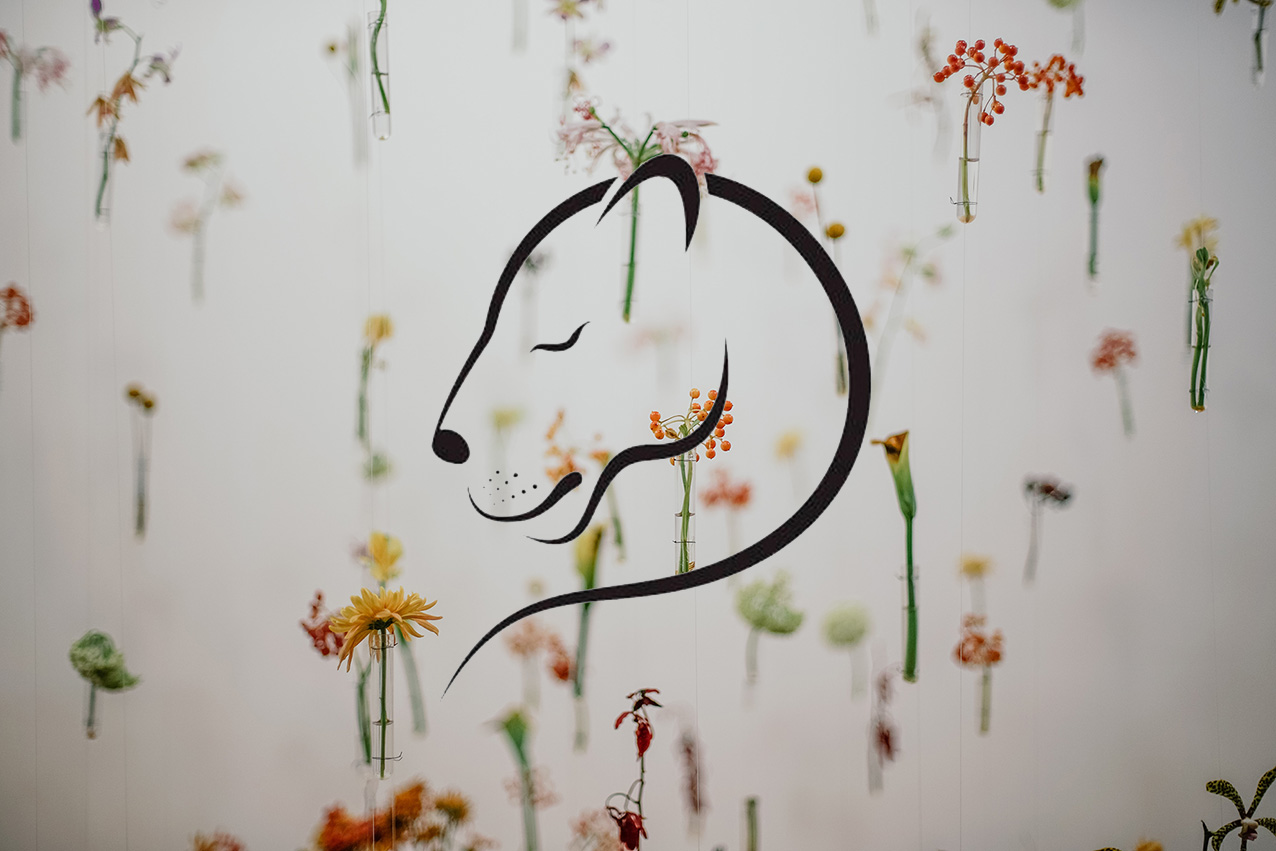A Review
by Jayne Robinson

In ‘On Panpsychism’, the third essay in Rebecca Tamás’ stirring collection, the author describes how the environment in which you read a book impacts on your reading of it. “The book hasn’t changed, but my reading of it genuinely has” she explains, recollecting a novel that she once read on a delicious summer’s day in a blue, Mediterranean bay. Panpsychism, Tamás tells us, is the theory that everything in nature has a mind or mind-like qualities. Consequently, it’s impossible that our thoughts about a book, song, or a piece of art won’t be invaded by the environment in which we encounter it.
Reading this collection of seven essays, each one exploring a different point of connection between the human and the natural world and the intersections of racial oppression, female oppression, animal cruelty and western capitalism, I find myself wondering how my reading of it may have been different if I’d read it last year, or even a year from now. Today I find myself conversing with Strangers from within a particular, peculiar environment: Twelve months into a global pandemic caused by human intrusion on the natural world, the deep racial inequalities exposed by the Black Lives Matter movement, a political and geographical division created by Brexit, and the recent opening up of discussions around male violence to women following the murder of Sarah Everard, all converge. Tomorrow may be different. But the light here today is strange, falling on Tamás’ text in different ways, illuminating her messages about the racist inequality of climate collapse and violence towards women’s bodies – which despite ringing particularly loudly just now, have always been true. Its ideas of radical change feel oddly more within reach now that we are plunged into this unfamiliar, shared space for challenging transformation.
In Strangers, Tamás has created something living. Monstrous. Beautiful. It flows, throbs and twitches, reacting to the world around it and our individual readings of it. Just as with the ancient Green Man we encounter in ‘On Greenness’, in whom Tamás finds “the human and nonhuman intertwined, bursting out of each other with discomfort, joy, pleasure,” Tamás’ essays intertwine with the world around us, pushing and crawling through the orifices and cracks in society like foliage, roots and cockroaches. Throughout each of these pieces, Tamás skilfully lays bare the many ways in which we are deeply connected to the natural environment and nonhumans around us, and within. Those “other minds in the mud.” And flowing urgently throughout this book is the sense of time running out, of the mounting consequences of western capitalism that is and always has been incompatible with planetary survival.
We are living through the age of the Anthropocene – a geological shift caused by human action. The climate crisis may be gathering pace, but its roots took hold long ago. As Tamás points out, the Anthropocene did not begin with the industrial revolution, but “when slaves’ bodies were forced into labour, their unseen work producing the riches which eventually made the process of industrialisation possible.” From the violent capture of African people in the 19th century to the US government’s ripping apart of Native American communities from their homelands to make way for pipelines and Bolsonaro’s destruction of the Amazon and its indigenous communities in Brazil, Strangers shows us how racist inequality is scratched deeply into this geological wound. It is inseparable from the cockroach in ‘On Hospitality’, whose cracked body oozes white pus, and the cow who exists in a world of violence shared by women in ‘On Pain’. Through a deep analysis of political, religious and ecological thought, and the works of artists, poets and writers who interrogate our human relationship with the nonhuman, Tamás reveals a world in which we are part of the same “unfolding event” as animals, soil and rocks – a world distorted and threatened by the capitalist gaze, but a world which was there all along, growing between our toes.
And what, if anything, is to be done? Tamás rejects the passive despair of Climate Grief and argues that grief is an active state, an uncomfortable process but one that we must travel through if things are to change. It is, she points out, perverse “to romanticise an environment perpetually wounded and in peril.” Tamás offers an invitation to change that seems radical, but only in the distorted context of capitalism. Sustainable capitalism is not realistic – we must instead rethink society completely. From the first essay in this book and the beheading of Charles I in 1649, we are reminded that the world can be different – and now, more than ever, we can see that change is possible. Stranger things can, and do happen.
People say that the planet is dying. But those words indicate a natural decline, a non-violent demise. No, the planet is not dying – we are killing it. Destroying our home and – in the process, as Strangers makes clear – destroying ourselves. In ‘On Grief’, the penultimate essay in this collection, Tamás mentions the plaque erected by a group of Icelandic people on the site of the melted Okjökull glacier. The plaque reads: “this monument is to acknowledge what we know is happening and what needs to be done. Only you know if we did it”.
In Strangers, Rebecca Tamás has eloquently pinned down the moment we are living through, but its tendrils reach out and grasp at the past and, more importantly, the future. It is both a prism through which to view the world around us and a plaque with which to commemorate it. Aching, confronting and beautiful, this book is a gathering, a collective mourning, a call to arms, to be one day reclaimed by nature and viewed by our future selves. And, to borrow from the Icelandic: Only you know if we did it.
Strangers: Essays on the Human and Nonhuman is available now from Makina Books https://makinabooks.com/product/strangers/. Stay tuned for our forthcoming interview with Rebecca Tamás in the coming weeks.

Jayne Robinson is a writer, editor and reader with a particular interest in place and nature writing, folklore and literary fiction by women. Published works include journalism, short stories and creative nonfiction for a range of literary publications and websites. Originally from Manchester, she now lives in the small Dutch city of Haarlem, between Amsterdam and the sea.
